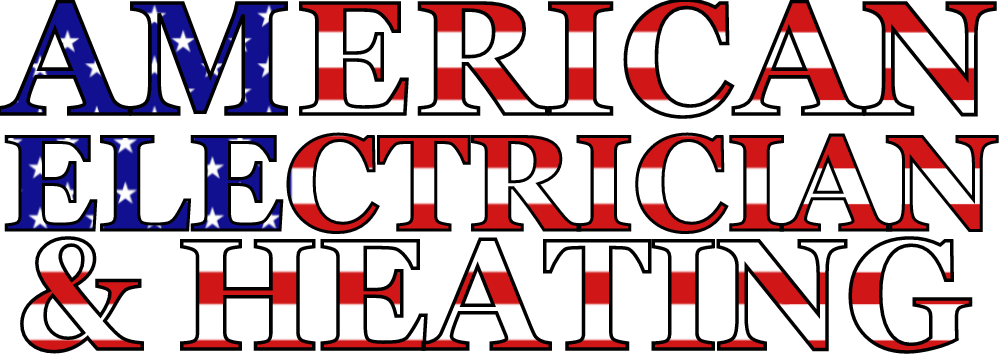Energy-Efficiency Tips for Heating and Electrical Systems
Energy efficiency is not just a buzzword—it’s a smart strategy for reducing your energy bills, minimizing your carbon footprint, and keeping your home comfortable year-round. For homeowners in Colorado Springs, where seasonal weather can range from scorching summers to freezing winters, optimizing heating and electrical systems is especially important. Here are practical tips to improve energy efficiency in your home:
Heating System Efficiency Tips
1. Schedule Regular Maintenance
Routine tune-ups for your furnace, heat pump, or boiler ensure they operate at peak efficiency. A well-maintained system uses less energy and lasts longer, saving you money in the long run.
2. Upgrade to a Programmable or Smart Thermostat
Programmable and smart thermostats allow you to schedule temperature changes, reducing energy use when you’re asleep or away. For instance, lowering the temperature by 7-10 degrees for eight hours a day can save up to 10% on heating bills annually.
3. Seal and Insulate Ductwork
Leaky ducts can waste up to 30% of heated air before it reaches your rooms. Proper sealing and insulation prevent energy loss, ensuring that warm air gets where it’s needed.
4. Replace or Clean Filters Regularly
Dirty filters force your heating system to work harder, increasing energy consumption. Replace or clean filters every 1-3 months to maintain efficiency.
5. Consider an Energy-Efficient Upgrade
If your heating system is over 15 years old, it might be time to upgrade to an energy-efficient model. Look for ENERGY STAR®-certified systems that can significantly reduce energy use.
Electrical System Efficiency Tips
1. Switch to LED Lighting
LED bulbs use up to 75% less energy and last up to 25 times longer than traditional incandescent bulbs. Swap out older bulbs to reduce energy costs.
2. Unplug Devices When Not in Use
Many electronics and appliances consume power even when turned off. Use power strips to easily disconnect multiple devices or invest in smart plugs to automate power usage.
3. Optimize Appliance Usage
Run dishwashers and washing machines only with full loads, and use energy-saving settings whenever possible. Avoid using heat-dry settings on dishwashers to conserve electricity.
4. Upgrade to Energy-Efficient Appliances
Older appliances can be energy hogs. Replacing them with ENERGY STAR®-certified models can lower electricity consumption significantly.
5. Conduct an Electrical System Audit
A professional energy audit can identify inefficiencies in your electrical system, such as outdated wiring or poor connections, and provide solutions to optimize performance.
Whole-Home Energy Efficiency Tips
1. Insulate Your Home
Proper insulation in walls, attics, and floors reduces heat transfer, keeping your home warmer in winter and cooler in summer. This reduces the workload on both heating and cooling systems.
2. Seal Windows and Doors
Drafty windows and doors are common culprits of energy loss. Use weatherstripping or caulk to seal gaps and prevent air leaks.
3. Use Ceiling Fans Wisely
Ceiling fans aren’t just for summer. In winter, run fans clockwise at low speed to push warm air down from the ceiling.
4. Install Solar Panels
Colorado’s sunny climate makes it an ideal location for solar energy. Installing solar panels can offset your electricity usage and lower utility bills.
5. Monitor Energy Usage
Use energy-monitoring devices or apps to track your energy consumption. Identifying high-use areas can help you adjust habits and reduce waste.
Partner with a Trusted Professional
At American Electrician & Heating in Colorado Springs, we specialize in helping homeowners achieve optimal energy efficiency. From heating system tune-ups to electrical upgrades, our experts are here to provide personalized solutions that save you money and improve your comfort. Contact us today to schedule an energy-efficiency consultation and start enjoying the benefits of a greener, more cost-effective home!

